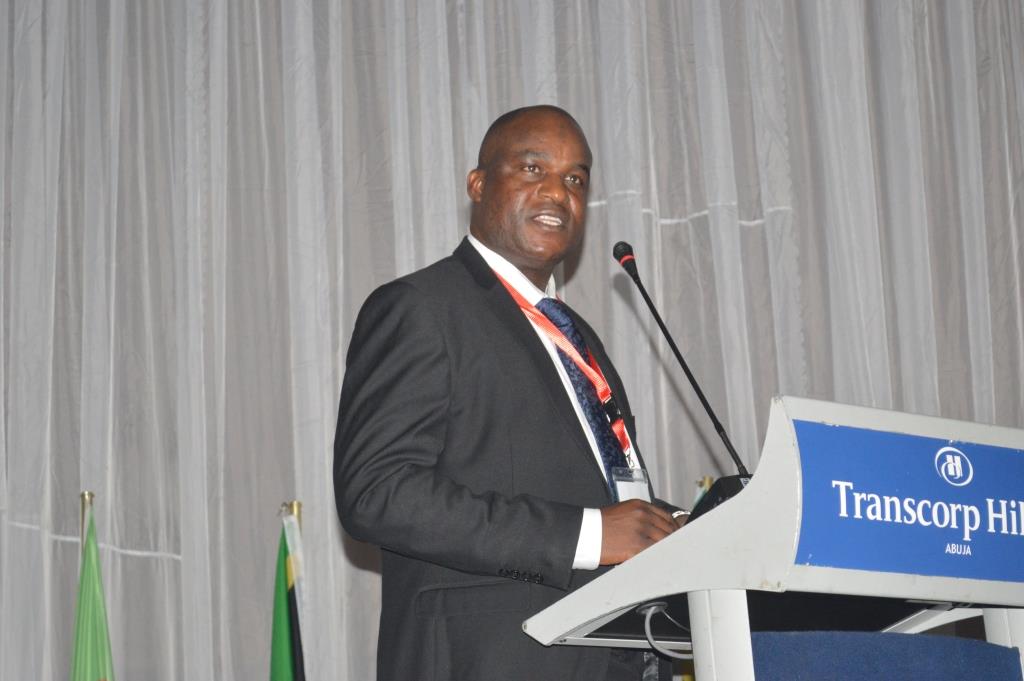The Acting Chairman, Independent Corrupt Practices and Other Related Offences Commission (ICPC), Dr. Musa Usman Abubakar, has restated the commitment of the Commission to achieving its three-pronged mandate of enforcement, prevention and public education.
Dr. Abubakar made the declaration while presenting a paper at the 8th Commonwealth Regional Conference for Heads of Anti-Corruption Agencies (ACAs) in Commonwealth Africa in Abuja.
According to him, the Commission has secured the conviction of many public officers and is prosecuting many more in various courts through enforcement; under prevention it has carried out systems study of several government agencies as well as corruption risk assessment of a few others; and has developed many initiatives for educating and sensitizing Nigerians against corruption.
Dr. Abubakar explained some other achievements recorded by the Commission to include innovations like a vigorous and robust assets tracing drive; the setting up of the Anti-Corruption Monitoring Units (ACTUs) in Federal Government agencies; and the engagement of citizens in governance at the local level to partake in the budgeting process and its implementation.
He drew attention to the collaboratory role of the Commission in the introduction of the Federal Government e-payment platforms such as Integrated Personnel and Payroll Information System (IPPIS) and Government Integrated Financial Management Information System (GIFMIS) among others which have saved Nigerian Government billions of Naira from personnel cost, and that another study had been carried out to safeguard the integrity of the platforms.
He added that a Universities System Study and Review (USSR) conducted by the Commission had also led to the closure of 63 illegal degree-awarding institutions.
Earlier, in his keynote address, Nigeria’s President Muhammadu Buhari, who was represented by the Vice President, Professor Yemi Osinbajo noted that corruption was the biggest challenge confronting the African continent and that anti-corruption agencies can change the destiny of the continent if they deliver on their mandates.
He observed that waging war against corruption would be futile if the stolen assets were not recovered and returned.
The President therefore called on African countries to unite and ensure that assets recovery and return was brought to the front-burner of international discourse.
The Nigerian leader spoke against the backdrop of the revelation by the Commonwealth Secretary-General, Rt. Hon. Baroness Patricia Scotland, that the African continent loses over 148 billion dollars per annum through corruption, money laundering and other illicit transactions.
In a goodwill message at the event, a former South African President, Thabo Mbeki, tasked the ACAs to mobilize the people to take ownership of the struggle against graft, saying that law enforcement agencies alone cannot do it.
“We cannot win the war against corruption unless we mobilize the people to take ownership of the fight,” the former South African leader stated.
Also speaking at the conference was a former winner of the Nobel Prize for Literature, Professor Wole Soyinka, lamented that Nigerian leaders have bled the country dry on account of their corrupt activities.
Professor Soyinka pointed out that until political leaders who sucked the nation dry were brought to justice, no progress could be made in the war against corruption.
The need for the recovery and repatriation of stolen assets stashed in several foreign countries therefore promises to define the thrust of the conference.
The conference also seeks to broker the exchange of ideas and practices on anti-corruption among the countries and will encourage the sharing of expertise in areas of comparative advantage.

